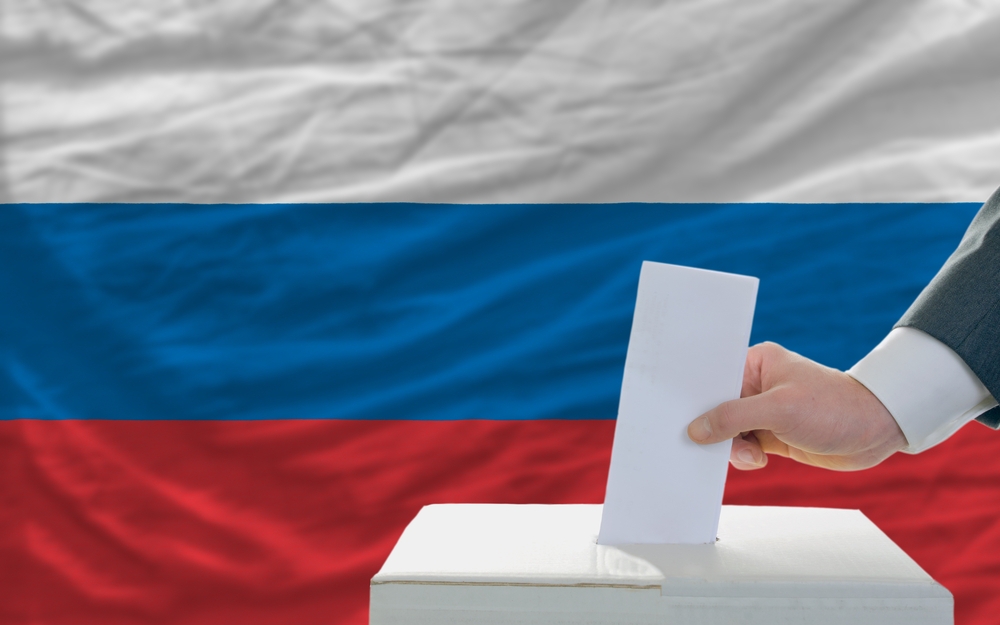
Last Sunday Russians voted in local elections in 82 administrative regions of the country, including Moscow. They elected governors, municipal, and district deputies. The outcome of this year’s Election Day was mostly unsurprising regarding the results, with some exceptions, and provided us with interesting data and a small number of attention-grabbing trivia.
Let’s begin with the unexpected. In Moscow’s municipal districts the democratic opposition is now the second strongest political force- Independents are the third. As mind-blowing as this sounds, is this necessarily as large of a game-changer as some analysts and journalists claim?
Yes, and no. Although pro-democracy forces did finish second and third, the United Russia party won over 75 percent of the vote and was the only party to go over the so-called “municipal filter.” The municipal filter allows parties to nominate candidates for the mayoral election next year. Read more about it HERE.
Regretfully, passing the filter was as important for the opposition as winning a significant number of seats. Although the opposition won over the 6 percent of the seats, the winning seats turned out to be too concentrated geographically. Having representation in in at least 101 districts was required, and pro-democracy anti-corruption opposition managed to secure seats in 63 of them. That said, there are eight districts in which Putin’s United Russia party was unable to secure a single seat, and in as many as 17 they were the minority.
Twenty-five corruption-free, all-opposition districts in the capital, is a great start! Additionally, young leaders of the opposition will now become heads of those district councils. More interestingly, not a single pro-Kremlin deputy was able to secure a single seat in the district where President Putin and Prime Minister Medvedev voted.
Outside Moscow, things were not as ideal for the opposition. Although pro-democracy candidates managed to overcome the five percent threshold in 19 municipalities, and won seats in the Krasnodar Territory, in the city of Yeisk and Vytegra, in the Pskov region, all 16 governors who won seats were Kremlin-affiliated. Clearly, the Kremlin does not want to loosen its grip on locations outside the capital.
Some of the local elections provided us with fascinating data on the level of voting fraud and lack of trust of Russians in the voting process. In one of the voting stations in Vladikavkaz, Reuters counted 256 voters casting their ballots on closed-circuit TV video; the official turnout results given: 1,867. The Krasnodar Krai election results were announced days after the elections as a result of a discrepancy between the results of voter count by observers (approximately 20 percent) and the Oblast Election Commission (59 percent).
Turnout was low. A candidate who collected 186 votes became a deputy of Komsomolsk-on-Amur City Council. The city has 249,000 inhabitants. The people of Russia know the elections, especially in the regions, are a Kremlin-managed fraud and increasingly refuse to participate. How else would one explain a case of a local firefighter securing a seat in a council in the northern part of the country with just one vote? Two of his opponents received zero votes – their disbelief in the integrity of the voting process was such that they apparently even chose not to vote for themselves.
There is a success story in these elections. The democratic opposition took tech tools and completely changed their modus operandi to adapt their strategy. What happened on the 10th in Moscow was indeed a revolution, but it was not a political revolution as many would want to view it — this was a technological revolution. The so-called “UBERization” of politics – focus on social media, extreme flattening of campaign hierarchy, cutting out the middlemen wherever possible, optimizing processes and costs to an almost extreme degree among opposition was apparent. There was a high success in crowdfunding, new software for designing leaflets and apps with an algorithm that calculates the most optimal route for signature collection.
And in Russia, it is the pro-democracy opposition who is leveraging technology and engaging volunteers and small donors. Pro-Kremlin forces are left with the illegal administrative resources, fraud, and “obligatory” donations from businesses wanting to buy themselves favors — only 3.7 percent of United Russia’s donations came from private citizens in 2016, according to the party’s official financial statements. Major individual donors included family members of prominent United Russia politicians, not Russian middle class, and workers. Moreover, those who donated the most to the party in 2015 miraculously won party seats in the 2016 primaries and many of them ended up winning sets in the parliament.
The question is what happens next? I personally believe that the opposition will further master the aforementioned new approach to campaigning with the aim of getting their candidate elected as the Mayor of Moscow. This is assuming they will be able to secure enough support from district deputies to put one on the ticket first. Based on the Kremlin’s tactics to date, I think the authorities will carefully analyze this past municipal campaign and legislate tighter restrictions on online fundraising and online communications.
Top